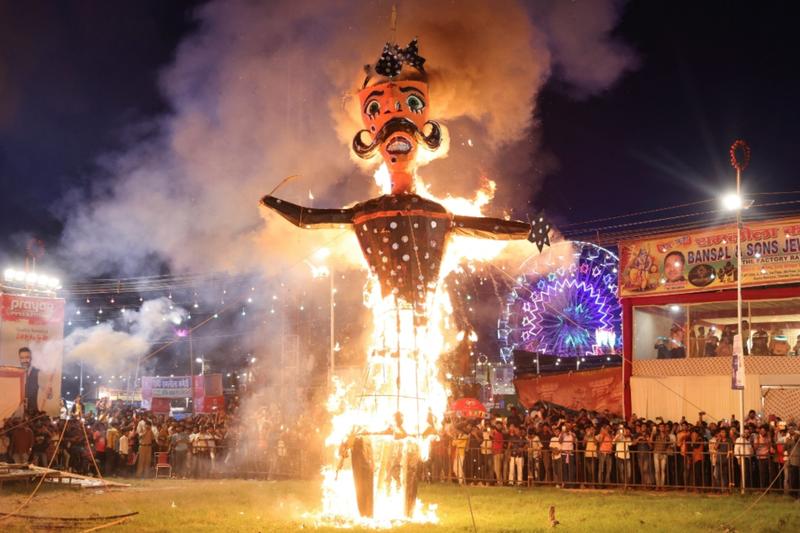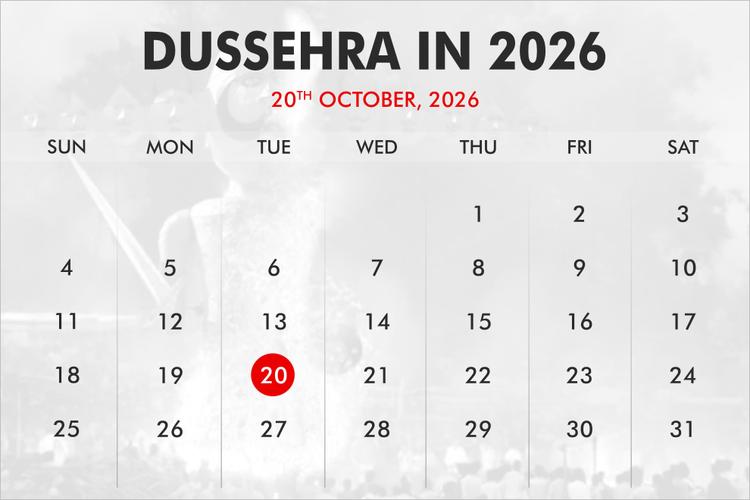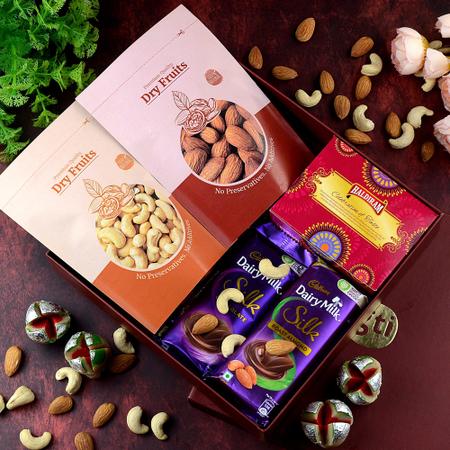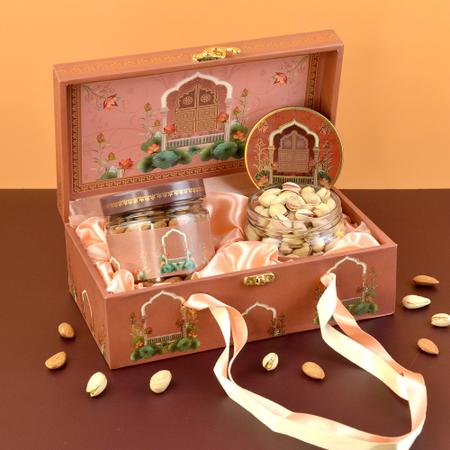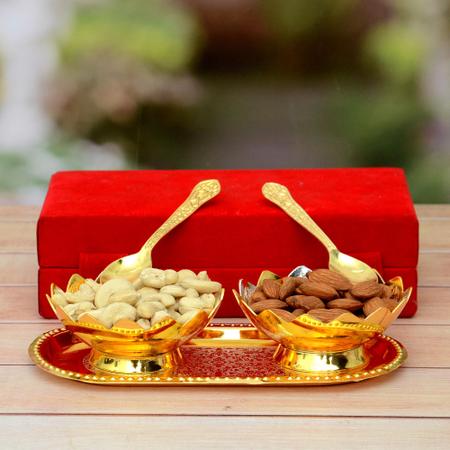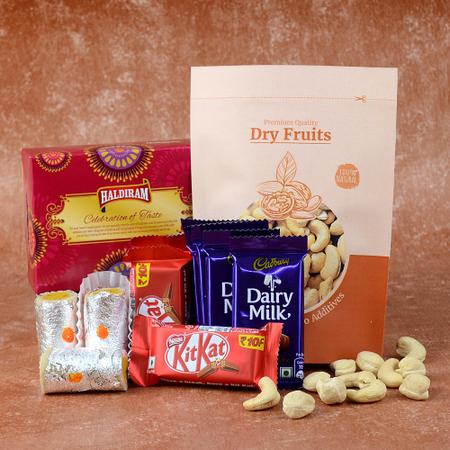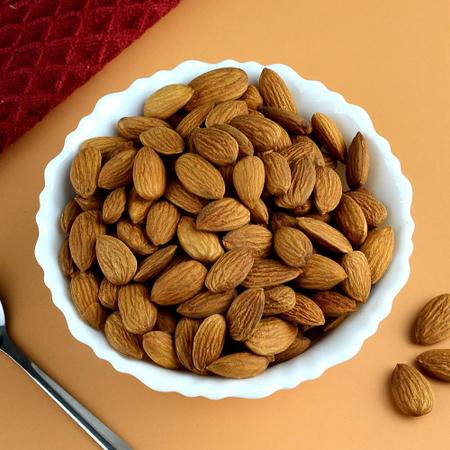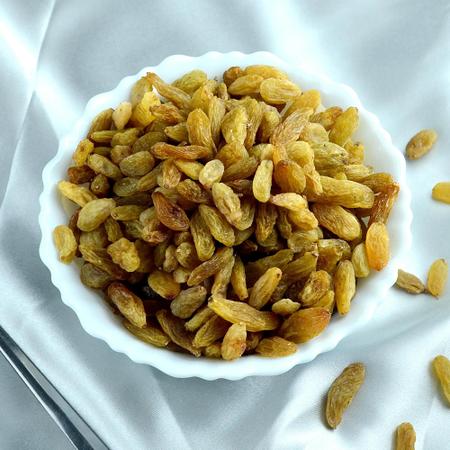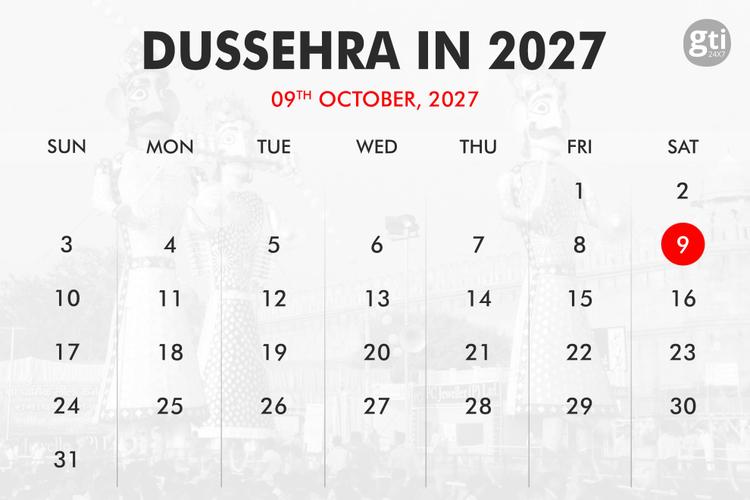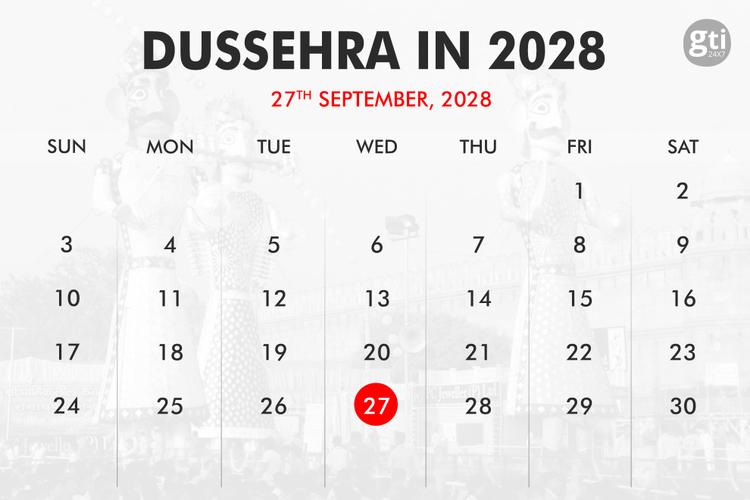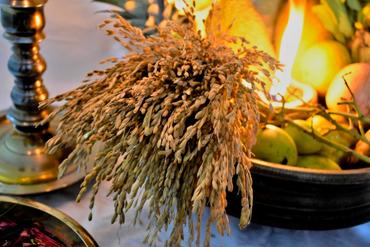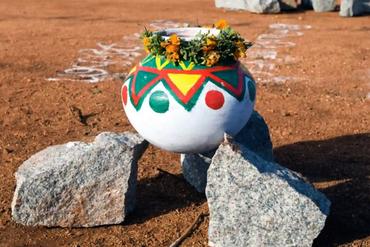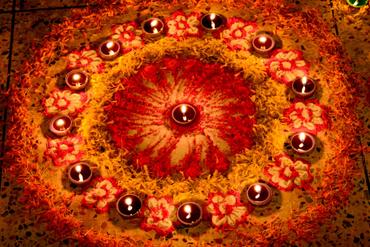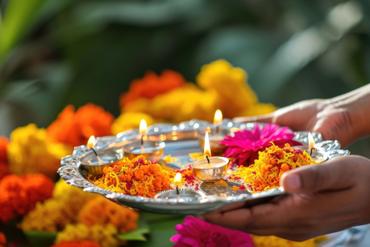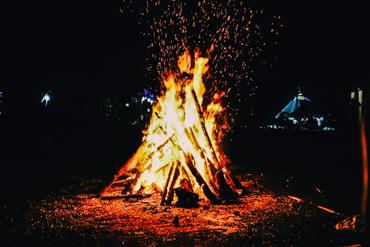It is believed that Goddess Durga killed the demon Mahishasura after his long period of cruelty and oppression. A story associated with the origin of this day is that after Kautsa asked King Raghu for 140 million coins to give a tribute to his Guru in return for his knowledge. Raghuraja went to Lord Indra for help who then asked Lord Kuber to rain coins on the city of Ayodhya. After offering 140 million coins to his Guru, Kautsa distributed the rest to the people of Ayodhya. There is also another legend behind the celebration of Dussehra. It is the celebration of the victory of Lord Rama in rescuing his wife, Sita who was abducted by Ravana, the demon king. It is believed that on this day destroying Ravana, in a fierce battle, Ram rescues his wife. The day is celebrated to commemorate the victory of good over evil.
With the month of September coming to an end, there is certainly an air of excitement among the people of India as it signifies that the festivals are just around the corner. Beginning with the festival of Durga Puja which lasts for 9 days followed by Dussehra, Diwali, and ending with Bhai-Dhoj, it is time for joy and merriment. Each of these festivals is celebrated with great zeal and fervor by Indians, especially the Hindu community. Amongst these joyous festivities, Dussehra is celebrated on the 10th day in the month of Ashwin in the Hindu calendar, after the 9 days of Navratri. It is believed that on this day Lord Rama defeated the ten-headed King Ravana. Thus, Dussehra is also known as ‘Vijaya Dashmi’ signifying the triumph of ‘good over evil’.
The festival of Navratri comes to an end with the festival of Dusshera. This festival is an auspicious symbol. It signifies the triumph of good over evil. People celebrate it by spreading the joy with sweets and gifts. If you are also one of those who wish to convey their heartwarming regards for the festivities, then you can certainly send gifts, sweets, gift cards, and so much more easily with our website. You can be anywhere in the world and send gifts to your loved ones on the occasion of Dusshera. Our efficient services, including the special service of same-day delivery, take care of delivering to the specified doorstep on time. We have a curated set of gifts that caters to the occasion well. You can be anywhere in the world, and your loved ones can be in any corner of India. You can still surprise them with an exciting gift that expresses your regards for prosperity and health. We also cater to other Indian festivals like Raksha Bandhan, Holi, Diwali, etc. We can help you deliver the best Rakhi gifts for kids in India or send the ideal Diwali gift for the entire family.
Check out our collection of Dusshera Gifts Below
The celebration of Dussehra is carried out in different ways in different parts of India with a lot of gusto apart from sending gifts to India. Dussehra is primarily a celebration of the victory of Lord Rama over the demon king Ravana. The great effigies of Ravana, Kumbhakaran, and Meghnad are created out of fireworks and other inflammable materials. In the evening, a person dressed as Rama ignites an arrow and lights up the large statues with it. Several fairs and other kinds of events are organized for this event with many people gathering to watch this in person. Dussehra is also known as Vijayadashami and it is also considered to be the last day of Durga Puja. The idols of Goddess Durga as well as Her children and Mahishasura are immersed in holy water bodies in the evening.
This celebration starts in Navaratri and ends with ‘Dusshera’, the tenth-day festival observed with pomp and gaiety all over the world by the Indians. Dussehra is also known as Vijaya Dashami, because of the victory of Ram over Ravana. On this day in Treta Yug, Ram (the eighth incarnation of Lord Vishnu), defeated and killed the great demon and King of Lanka, Ravana. People start preparing for the festival much before the day comes. In the Northern part of India, people celebrate this day by performing Ramlila. In the Eastern state of West Bengal it is known as ‘Bijoya Dashami’, the last day of Durga Puja which is celebrated with much fun and merriment.
You can send gifts on this occasion of Dussehra to your loved ones and make them feel your presence even from a distance. It is all about making them feel good and the celebrations memorable.
